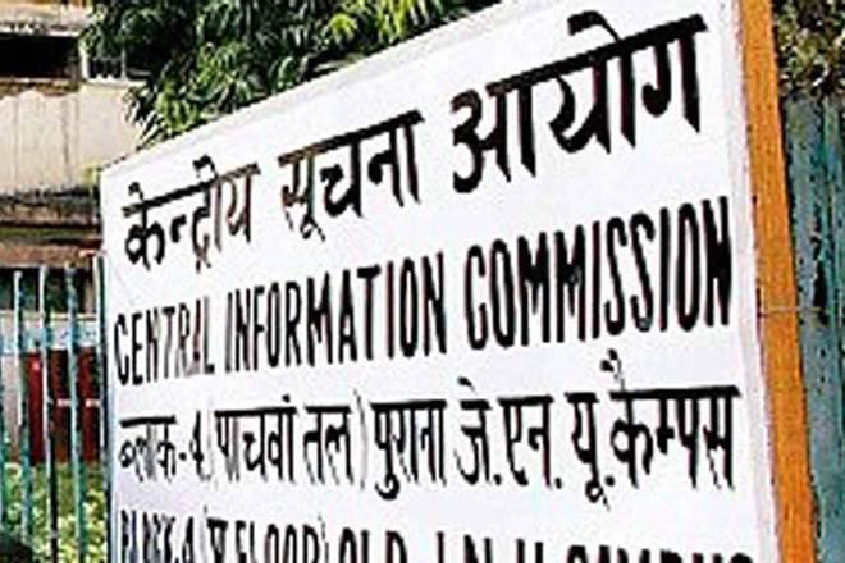The Bar Council Delhi has failed to put all the information of the RTI mechanism on its website.
The Central information Commission (CIC) has crtiticised the Bar Council of Delhi (BCD) for not taking cognisance of the RTIs filed and for its failure to put all the information of the RTI mechanism on the website of BCD, which is a must under the Right to Information (RTI) Act. After a court hearing earlier this week, the CIC directed the BCD to report on why they failed to take cognisance of the RTIs filed and why no information has been provided on their website about the RTI mechanism.
Last year in January, Shashi, a lawyer by profession had written an application to the chairman of BCD, Maninder Singh for introducing an online portal for facilitating the enrolment fees that students pursuing law have to submit to get themselves enrolled as advocate under BCD to start their legal practice. However, because of demonetisation of the currency, there was a collective shortage of cash among the general public at the time, thus making it impossible for students to make the payment of Rs 8,950 to BCD in cash. The request application appealed BCD to introduce an online payment system or permit NEFT or RTGS payments, but there was no reply from the BCD.
After the failure of the BCD to take cognisance of the request application, an RTI was filed on 2 January 2017 demanding information on how BCD handled its RTI mechanism, who are the officers in-charge and whether the request application dated 7 December 2016 was received by BCD.
When there was no response to the first and second appeals, Shashi filed a case in the CIC against the BCD ,which had its first hearing earlier this week. When the CIC enquired about the appellant’s RTI, the BCD replied that the file of the appellant is not traceable in their records. Following this, the CIC told the respondent—i.e. the BCD—to take copies of the request application, RTI, first and second appeals from CIC and send a report on why was it untraceable and why was the appellant not provided with the information requested. The BCD website does not provide any information on RTI even though the RTI Act makes it mandatory for government institutions to make the mechanism public. At the time of filing this news report, the website of BCD was suspended
Speaking to The Sunday Guardian, Mohit Gupta, one of the lawyers of the appellant said, “How can a government institution not provide mandatory information? BCD did not take cognisance of our request application and students had to suffer under cash crunch. How difficult it is today to introduce an online payments gateway? But still BCD failed to send a reply. Later, they ignored our RTIs and have no information on their RTI handling mechanism anywhere in the public domain. Since CIC has intervened, the BCD will be complied to follow rules now.”

